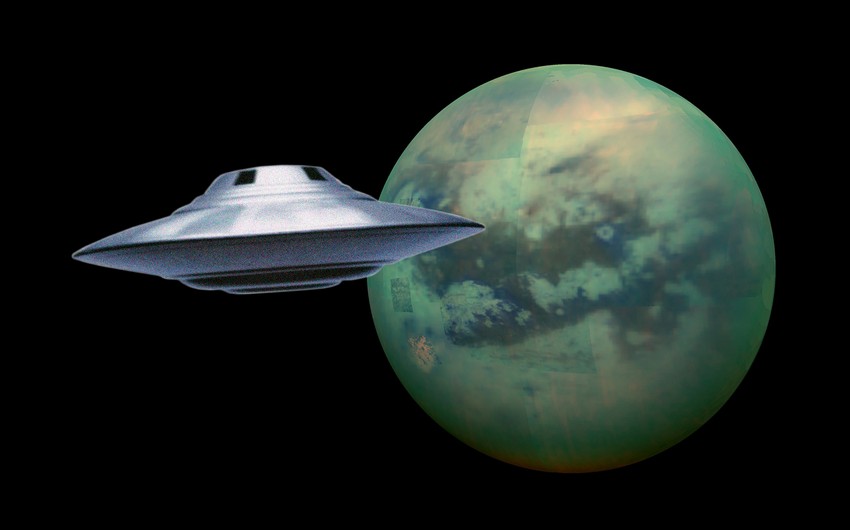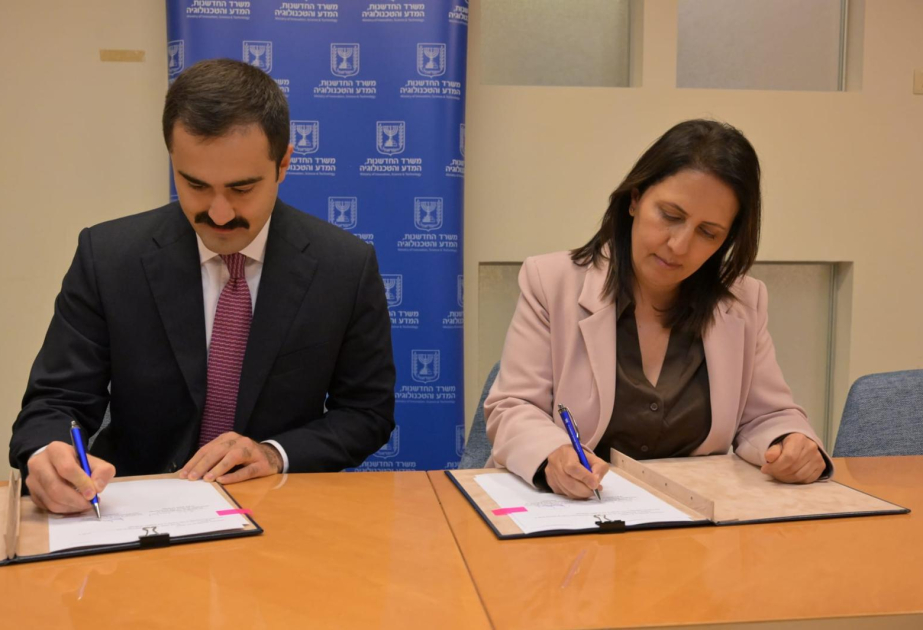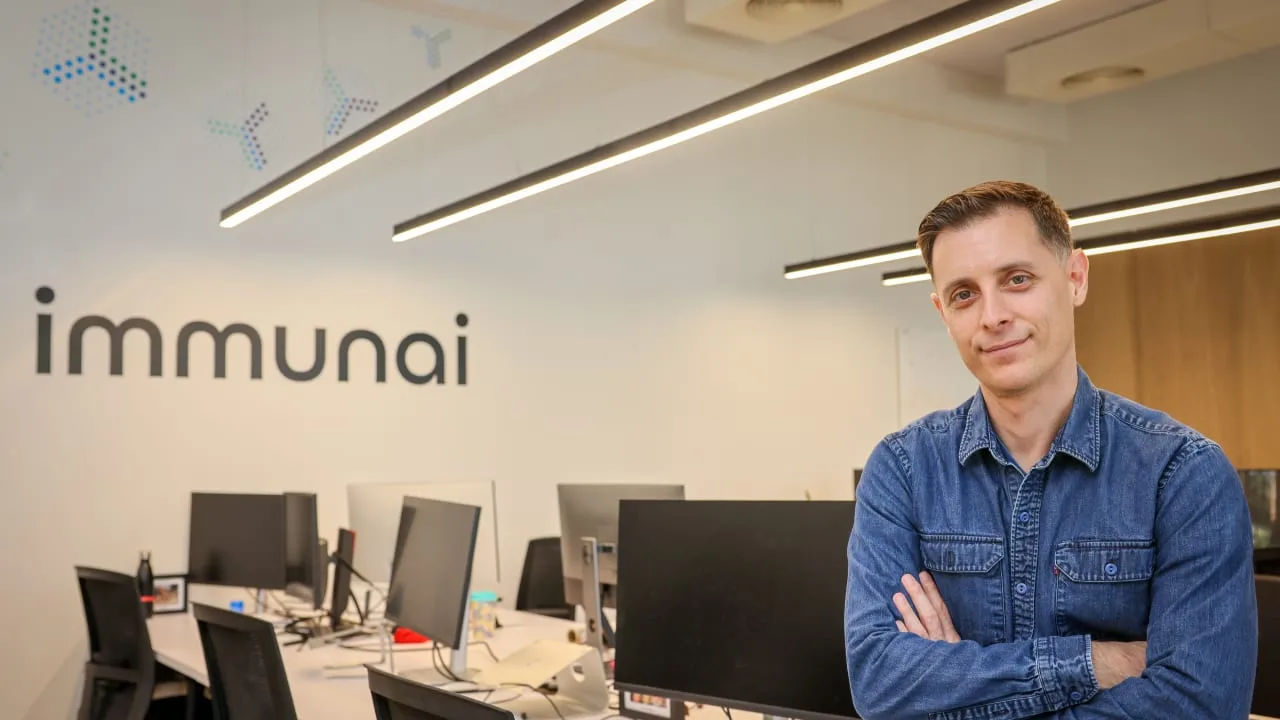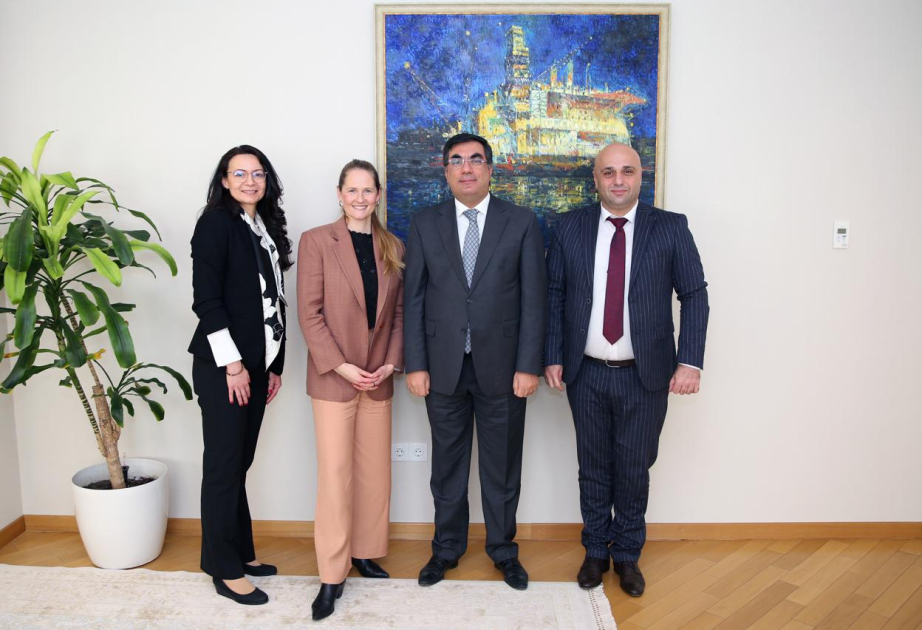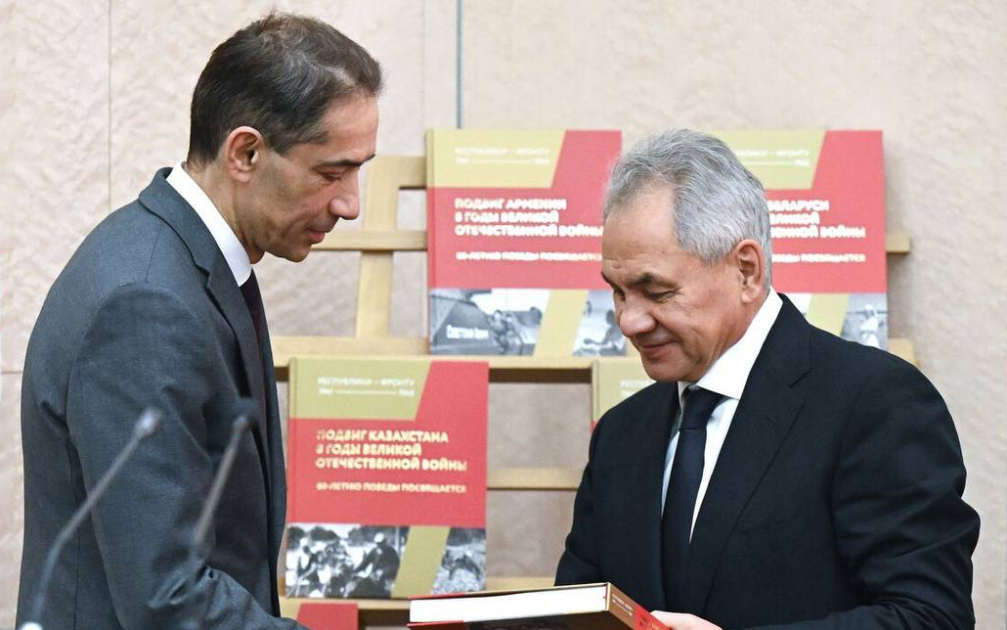VisitLEX's tourism team at the Lexington Convention and Visitors Bureau partnered with the Cornett ad agency to devise a playful campaign with a sci-fi flavor. The team used a modified infrared laser to deliver a specially coded message, which was approved by the US Federal Aviation Administration, Report informs, citing Space.com.
"Hey, aliens! Lexington, Kentucky, would be a good place to spend your next deep-space vacation."
This was the message that a group of Kentucky scientists, linguists, and scholars recently beamed at the TRAPPIST-1 system, which lies 40 light-years from Earth and harbors multiple potentially habitable planets.
The missive represented the very first interstellar travel advertisement, according to VisitLEX, the group behind the effort.
"When the message reaches its destination in 2063, TRAPPIST-1 inhabitants will find a coded bitmap image with clues as to its origin and intent of the transmission. They'll also see bucolic photos of the Horse Capital of the World, noting the wide-open spaces perfect for landing a spacecraft. They'll learn why Lexington has the best food, bourbon, and music on Earth—getting a taste via an audio recording from legendary blues musician Tee Dee Young," said VisitLEX press release.
If E.T. does eventually receive the message and pack their bags for our solar system, eager to take in The Bluegrass State's hospitality, thoroughbred race horses and bourbon industry, they'll have to cover 235 trillion miles (378 trillion kilometers) to get here.
"We are targeting the TRAPPIST-1 system because we might actually get an answer in somebody's lifetime if there's somebody there watching," said astrobiologist and SETI (search for extraterrestrial intelligence) scientist Robert Lodder.
"The bitmap image is the key to it all. We included imagery representing the elements of life, our iconic Lexington rolling hills, and the molecular structure for water, bourbon, and even dopamine … because Lexington is fun!" added linguistics expert Andrew Byrd.


